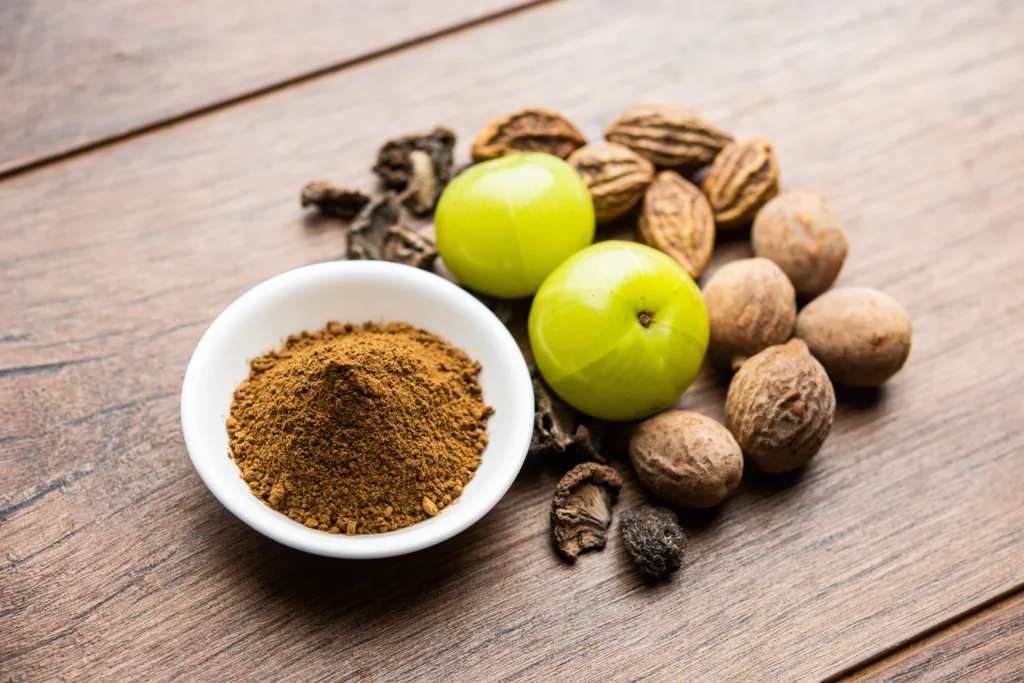Table of Contents
ToggleIntroduction: Can Shampoo Damage Hair?
Are your hair feeling damaged, dry, and lifeless? The shampoo you use to cleanse your hair may contain certain chemicals or ingredients that could be causing these issues, But this raises an important question—can shampoo damage hair?
Shampooing is an essential part of a hair care routine, helping to keep your hair clean and fresh. However, a common question that often arises is—can shampoo actually damage hair? The truth is, shampoo plays a crucial role in removing dirt, oil, and product buildup from the scalp. But using it incorrectly or excessively can lead to hair damage.
In this article, we will explore how shampoo can harm your hair, which ingredients to watch out for, and which shampoos are best suited for healthy hair.
Here's What You Need to Know about Shampooing
1. Loss of Natural Oils
Many shampoos available in the market contain detergents that strip away the scalp’s natural oils (sebum). While removing excess oil is necessary, over-cleansing can deplete essential moisture, leaving hair dry, lifeless, and prone to breakage.
2. Scalp Irritation and Dryness
Some shampoos contain harsh chemicals that can cause scalp irritation, leading to itching, redness, and even dandruff. An unhealthy scalp weakens hair roots, increasing hair fall.
3. Hair Breakage and Split Ends
Using the wrong shampoo or excessive washing can weaken hair strands, making them prone to breakage and split ends. Shampoos with sulfates and alcohol can dry out the hair shaft, causing brittleness and damage.
4. Fading Hair Color
If you have color-treated hair, using the wrong shampoo can strip away the color, making it fade quickly. Sulfates and strong cleansers remove color molecules, leading to dull and lifeless hair. These chemicals not only fade the color but also leave hair dry and fragile.
5. Weighing Hair Down
Some shampoos contain silicones and heavy conditioning agents that leave residue on the scalp and hair. This buildup can make hair look greasy, limp, and weighed down, reducing volume and freshness.
Harmful Ingredients in Shampoo
Before using a shampoo, always check its ingredients to ensure it is safe for your hair. Here are some harmful chemicals you should avoid:
- Sulfates (Sodium Lauryl Sulfate, Sodium Laureth Sulfate) – These are harsh detergents that create lather and cleanse hair but also strip away natural oils, leading to dryness.
- Parabens – Used as preservatives, parabens can disrupt the scalp’s natural balance, increasing the risk of scalp infections.
- Alcohol (Isopropyl Alcohol, Ethanol) – These ingredients can dry out the scalp and hair, making hair more prone to damage and breakage.
- Silicones – While silicones give hair a smooth and shiny appearance, they cause buildup over time, making hair greasy and heavy.
- Artificial Fragrances and Dyes – Synthetic additives can trigger allergic reactions and scalp irritation, leading to discomfort and hair issues.
Tips for Selecting the Best Shampoo for Strong and Healthy Hair
To maintain healthy hair and protect it from damage, it’s essential to choose a shampoo that suits your hair type and scalp condition. Here are some tips for selecting the right shampoo based on your hair type:

- For Dry Hair: Look for shampoos that contain natural oils like argan oil, coconut oil, or jojoba oil. These ingredients help moisturize dry hair, keeping it soft and healthy.
- For Oily Hair: Use a clarifying shampoo with ingredients like tea tree oil or aloe vera. These help control excess oil without drying out your hair.
- For Sensitive Scalp: Opt for sulfate-free and fragrance-free shampoos to prevent irritation and soothe the scalp.
- For Color-Treated Hair: Choose a shampoo with gentle cleansing agents designed for color-treated hair to maintain vibrancy and prolong hair color life.
Best Practices for Shampooing Hair
Even if you use the right shampoo, improper washing techniques can still damage your hair. Follow these simple steps to keep your hair healthy:

Avoid Over washing – Washing your hair too frequently strips away natural oils, making it dry and lifeless. Washing your hair two to three times a week is generally sufficient to keep it clean and healthy.
Use Lukewarm or Cold Water – Avoid hot water, as it can weaken hair and strip moisture. Cold or lukewarm water helps retain shine.
Dilute Your Shampoo – Mix shampoo with water before applying to create a mild lather. This helps distribute it evenly without harsh effects.
Massage Your Scalp Gently – Use your fingertips to massage the scalp in circular motions while shampooing. This helps remove dirt and improves blood circulation.
Use conditioner after shampoo: After washing the hair, use a conditioner so that the hair remains soft and shiny and easy to manage.
Use Herbal Shampoos – Opt for natural shampoos with ingredients like reetha, shikakai, and amla to maintain hair health and preserve natural oils.
Related Post: How Often Should I wash my Hair: Uncover Facts
Conclusion
Shampoo is a key part of any hair care routine, but using the wrong one for your hair type or overusing it can lead to damage. The right shampoo, combined with proper techniques and nourishing ingredients, helps keep your hair strong, healthy, and beautiful.
If your hair looks dull or unmanageable, switch to a mild or natural shampoo, or try alternative cleansing methods to keep it clean without causing harm.
According to a study by American Academy of Dermatology association 10 Hare Care Habits that can damage your Hair. Find more tips on this blog
Frequently Asked Questions
Q. Can shampoo really damage hair?
A. Yes, using the wrong shampoo or improper shampooing techniques can strip natural oils, cause dryness, and weaken hair strands, leading to damage over time.
Q. Can sulfates in shampoo harm my hair?
A. Yes, sulfate-based shampoos can be harsh, especially for dry, curly, or color-treated hair. They can strip moisture, leading to frizz and breakage.
Q. What type of shampoo is best for preventing hair damage?
A. A sulfate-free, mild, and nourishing shampoo with natural ingredients like aloe vera, coconut oil, or argan oil is best for protecting hair health.
Q. Can shampoo cause hair fall?
A. Some shampoos with harsh chemicals can weaken the hair shaft and irritate the scalp, leading to hair fall. Choosing a gentle, natural shampoo can help prevent this.
Q. Is it necessary to use conditioner after shampooing?
A. Yes, conditioner helps restore moisture, smoothens hair, and reduces tangles, preventing breakage and damage.


